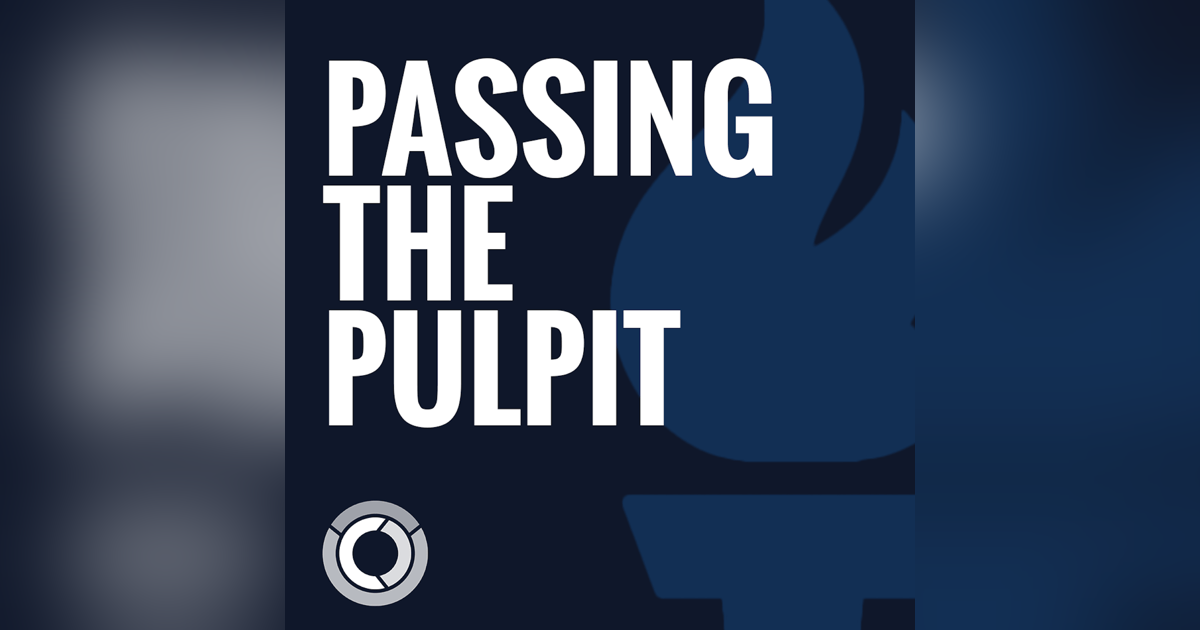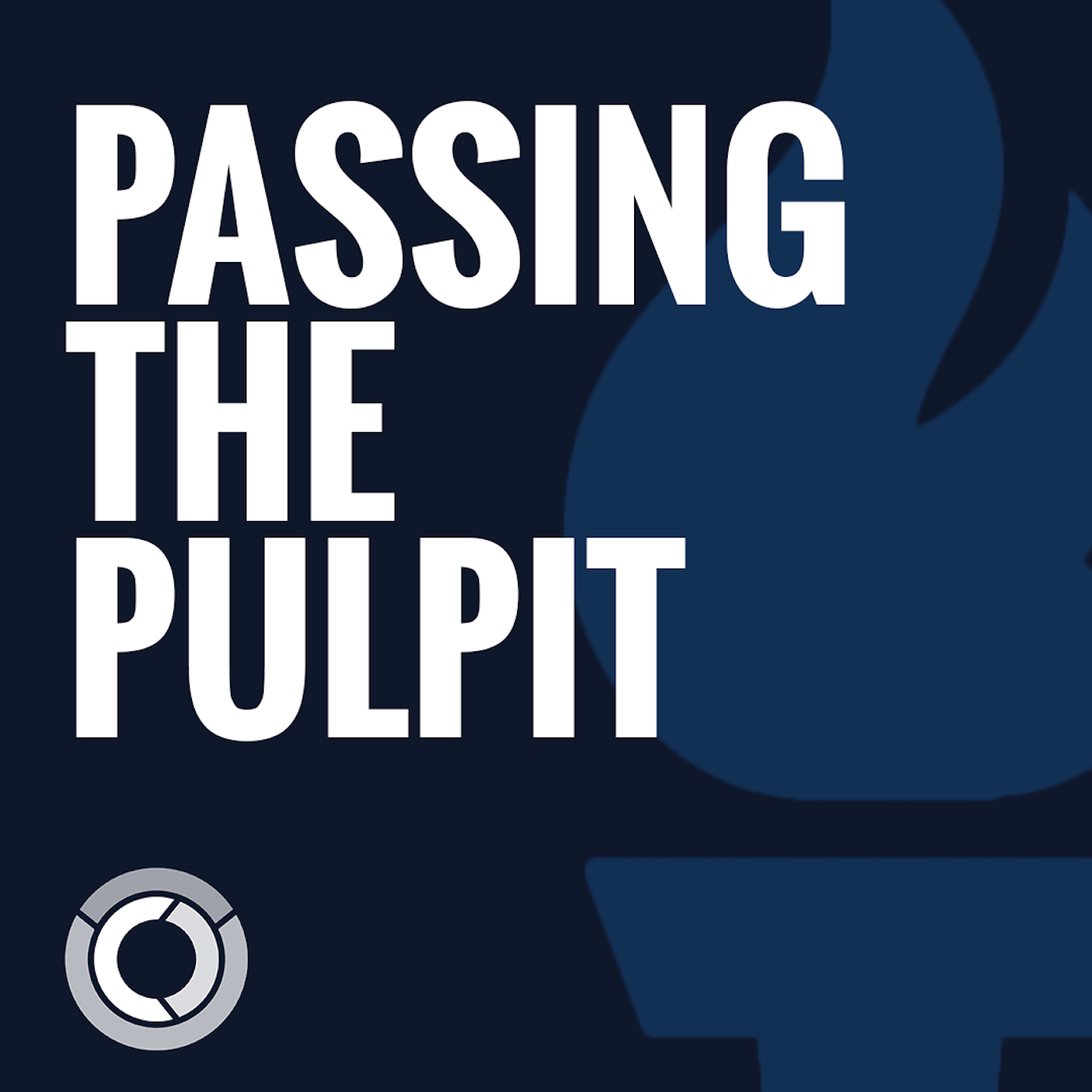One Church, Two Languages: The Beauty and Balance of Bilingual Ministry


In this episode, we explore the unique joys and challenges of leading a bilingual ministry — where language, culture, and faith intersect. My guest, Josue Lopez shares his journey into ministry, the story of his vibrant bilingual congregation, and what he’s learned about building unity in diversity. Whether you’re part of a multicultural church or simply curious about how the gospel transcends language barriers, this episode will inspire and equip you to see the beauty in every tongue and tribe.
You can connect with Josue at josuelopez@redemptionaz.com and you can check out Redemption Mesa, the bilingual congregation at https://mesa.redemptionaz.com/
(00:02) Bilingual Pastor's Journey in Phoenix
(08:50) Balancing Bilingual Ministry Challenges
(24:54) Navigating Challenges in Bilingual Ministry
(35:47) Unity in Bilingual Community Ministry
(41:59) Building Community Through Food and Celebration
Follow SermonCentral on Instagram, Facebook, and Youtube